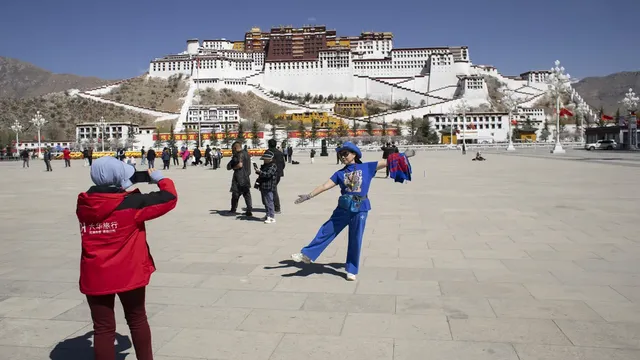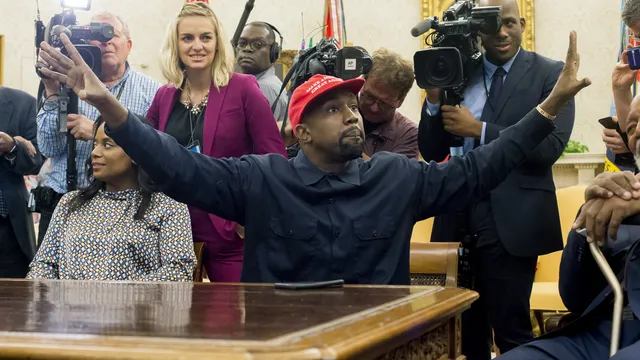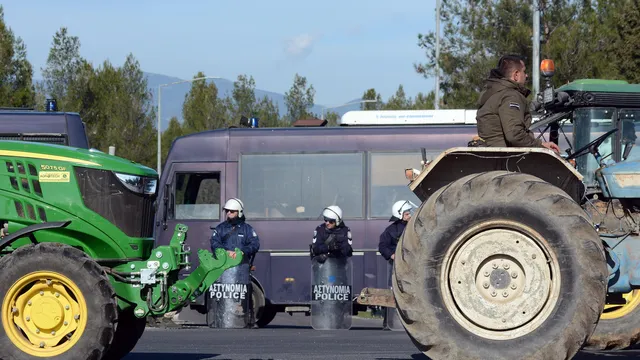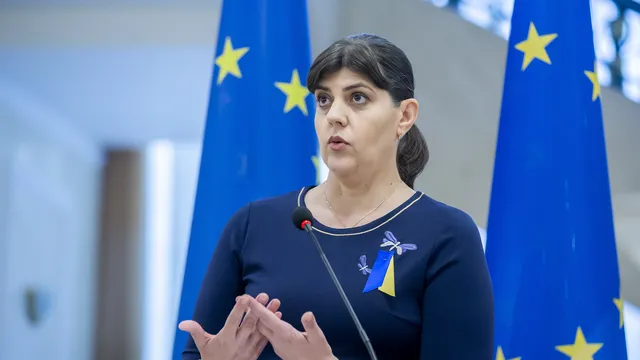The exiled spiritual leader of the Tibetan people, the Dalai Lama, has stated that the 600-year-old institution will continue to exist after his death - a decision with profound implications for his followers around the world.
This is a historic turning point not only for Tibetans but also for many around the world who see the Dalai Lama as a symbol of nonviolence, compassion, and the unyielding struggle to preserve Tibetan cultural identity under Chinese rule.
According to Tibetan tradition, the current Dalai Lama is the 14th in a line of reincarnations. His statement comes just days before he turns 90 on July 6.
"Over the past 14 years, I have received numerous requests from the Tibetan diaspora, Buddhists from the Himalayas,
Mongolia, and parts of Russia and China—all urging me to continue the institution of the Dalai Lama," he said in a video message broadcast at the start of a meeting of religious leaders in the Indian Himalayan town where he has lived in exile for decades.
“I was particularly moved by messages from Tibetans in Tibet itself, who sent the same request through various channels,” he added.
“In response to these wishes, I declare that the institution of the Dalai Lama will continue,” the official translation of the statement said.
The Dalai Lama and thousands of Tibetans have been living in exile in India since the failed uprising against Chinese rule in Lhasa in 1959. His advanced age is raising growing concerns about the future of Tibetan spiritual leadership, and the question of his successor is critical.
While China considers the Dalai Lama a separatist and rebel, he insists he is simply a “humble Buddhist monk.”
Many in the Tibetan diaspora fear that Beijing will appoint an artificial successor in order to consolidate its control over Tibet, which was occupied by Chinese troops in 1950.
However, the Dalai Lama is adamant: “The responsibility for choosing the 15th Dalai Lama will rest solely with the India-based Gaden Podrang, my official office. No other institution or country has the right to interfere in this process.” | BGNES, AFP

 Breaking news
Breaking news
 Europe
Europe
 Bulgaria
Bulgaria







